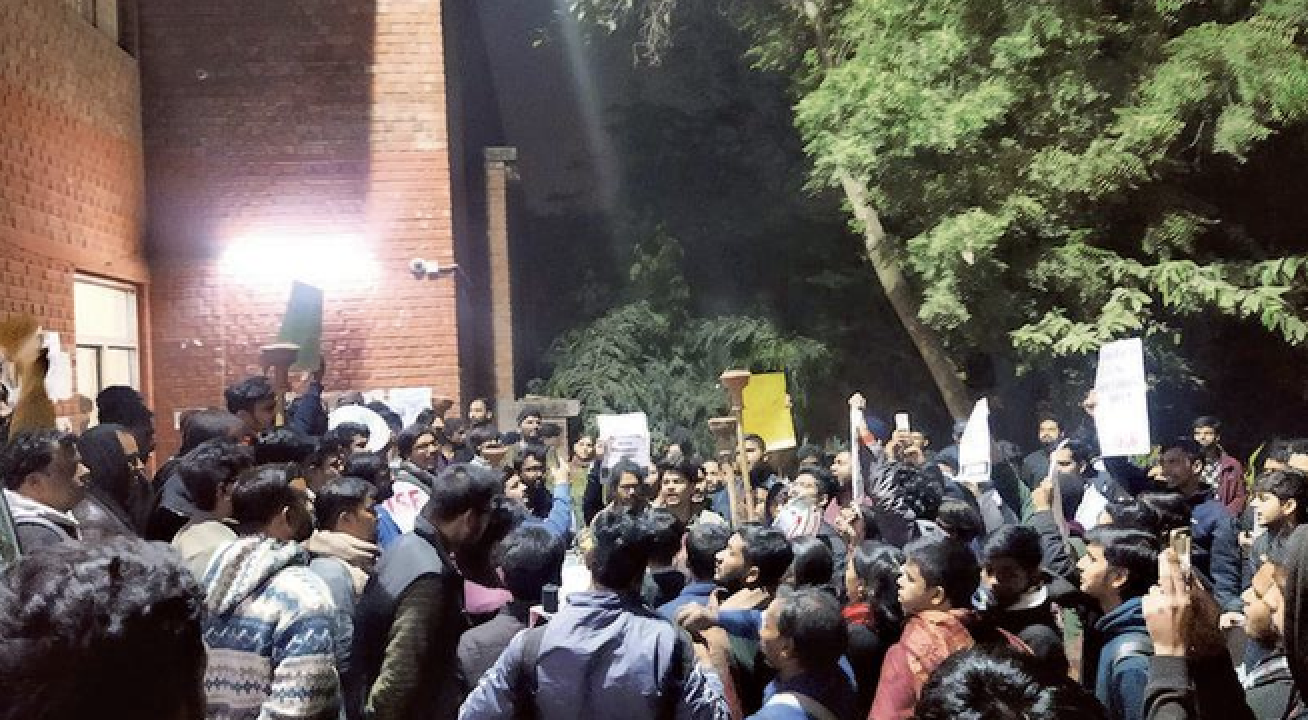
Over the past 10 years, India has plummeted on the academic freedom index ranks, according to the “Free to Think 2024” annual report published by the Scholars at Risk (SAR) Academic Freedom Monitoring Project.
SAR is a network of 665 universities across the globe, including Columbia University, Duke University, and New York University. The report has looked extensively at India, Afghanistan, China, Colombia, Germany, Hong Kong, Iran, Israel, Nicaragua, Nigeria, Occupied Palestinian Territory, Russia, Turkiye, Sudan, Ukraine, the U.K. and the U.S., while documenting 391 attacks on higher education communities in 51 countries between July 1, 2023 and June 30, 2024.
The report notes that India’s academic freedom slipped from 0.6 points to 0.2 points from 2013 to 2023. “In India, the most pressing threats to the academic freedom of students and scholars included the ruling Bharatiya Janata Party’s efforts to exert political control and impose a Hindu nationalist agenda on universities and university policies limiting student protest,” the report states.
According to the Academic Freedom Index, India now ranks as “completely restricted”, its lowest score since the mid-1940s. The report highlights some instances of the Indian government putting in stringent measures in campuses.
Many restrictions
Both Jawaharlal Nehru University and South Asian University announced new policies restricting student expression. While JNU barred students from protesting near academic buildings, SAU barred students from protesting on campus at all.
This story was originally published in thehindu.com. Read the full story here.

